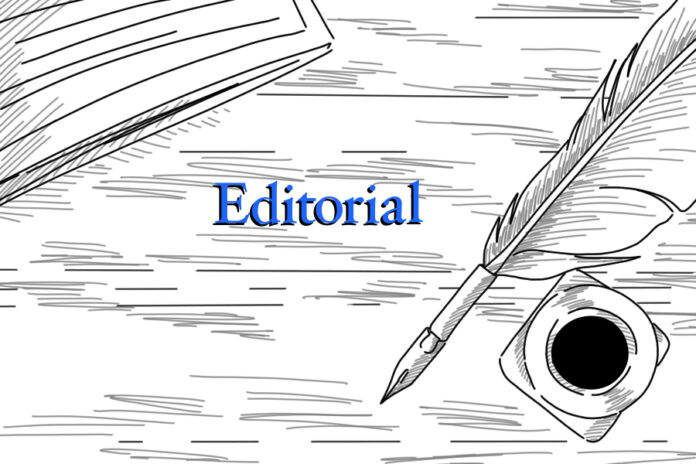Students should be made aware of threats to their safety
A transient individual by the name of Nicholas Chavez had been living in the Art Building on campus for several weeks up until his arrest last Thursday. During this time, he reportedly sexually assaulted a student in the building last quarter, damaged university property, and allegedly also vandalized, stole property and sexually harassed a second student. While this was occurring, students — especially those who frequent the Art Building, sometimes staying until 4 a.m. or later to finish projects — expressed reasonable concerns for their safety and well-being.
Chavez, who had been arrested and later released last quarter after sexually assaulting a student, was obviously a dangerous presence on campus and was a threat to student safety. Students in the Art Department, those placed most directly in harm’s way, did receive more than one email about an unwarranted individual present in the building. But none of these emails contained any mention of Chavez having allegedly sexually assaulted and harassed two students, which is an inexcusable oversight.
Yet it’s not just students in the Art Department who frequent the Art Building –– classes that fall under a variety of departments are taught there. Chavez was also reportedly loitering in nearby arts and humanities buildings, which are close to a busy Unitrans stop. Given the multitude of students who spend time in this area, it’s unreasonable that no campus-wide email was sent out to inform students of the situation while police attempted to gain a warrant for Chavez’s arrest and Chavez remained on campus.
Though Chavez’s actions were a cause of concern, the university’s failure to act in a decisive and meaningful way kept students in the dark and made the situation that much worse.
After anti-Semitic fliers were posted on campus last October, the Editorial Board criticized administrators for their refusal to send out a campus-wide email informing students of this targeted attack. Chancellor Gary May later made his position on campus-wide emails clear, telling The California Aggie that a campus-wide email is only warranted if there’s an emergency or an immediate threat.
Apparently, according to this administration, hate crimes committed by neo-Nazi groups do not count as immediate threat to student safety, nor does an individual who has reportedly assaulted and harassed at least two students and who allegedly committed a string of other crimes.
Instead of an email sent by university officials, vague signs were posted in the Art Building telling students to report suspicious behavior and “study with a buddy” after hours. Although the Art Department held a town hall for the primary purpose of addressing the concerns of students, it wasn’t conducted until a week before Chavez was arrested.
Much of the student body had remained unaware of the situation. The university’s first public mention of Chavez’s presence was a news report about his arrest last week that came without any relevant background or context.
Students should not have to advocate for their own safety. The university must be proactive in addressing any threats to student safety as soon as these threats become apparent, even at the expense of becoming monotonous. Whatever happened to the old adage “better safe than sorry”?
Written by: The Editorial Board





The admin WAS being being better safe than sorry on their part, as there is also a huge vocal contingency that screams like crazy if the university touches any homeless people. Whole plan in place on how they have to be kind and considerate of the homeless, and all the multitude of steps they have to go through when dealing with the homeless. So thank your fellow students for having tied the administrations hands on what they can do, and how quickly they can do anything.